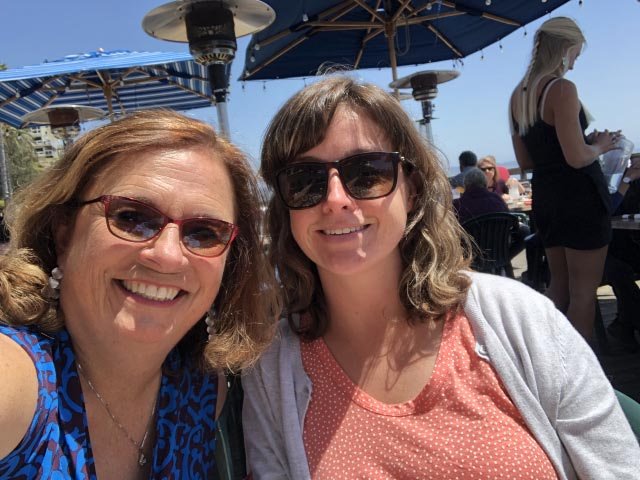12 Ideas for How to Intentionally Engage Younger Women In Your Ministry
Luann Budd
Young leaders bring fresh perspective, energy and creativity. Actively initiate with them. Actively invite them to serve. Value them. Listen to their ideas. Rely on young leaders to inform the decisions the group is making. (Don’t shut down their ideas, or pull up a policy that says why they can’t do something. Listen well and see if you can find a way.) All of us like to belong. This is certainly true of younger women. They like to have fun, have a good laugh, spend time together doing meaningful work, using their gifts to advance the mission of God in the world.
Mentoring 2.0
Affirm and mentor young leaders by cheering them on as they take on responsibility, develop confidence and grow spiritually. This will require that older women provide space for them to make mistakes, which is more important than appearing to be perfect.
Think twice before using the term “women’s ministry.” To younger women it connotes a perfect women’s tea with a perfect speaker—something they don’t relate to. They may filter out opportunities to lead or serve if they think it is associated with women’s ministries.
Younger women are very experiential in nature and like multi-faceted and hand-on experiences (ex. engaging in devotional practices; using candles, lighting, and fabrics to create beautiful spaces; making art collages and incorporating art).
They want to know there is meaning and a purpose in what they are doing. They want to make a difference–it is a driving factor of life for them. Don’t give them superficial or menial tasks because you are afraid they won’t follow through. Give them significant roles and support them as they lead.
Younger women hate anything inauthentic. This means older women need to admit their mistakes. This can be a challenge because we want to look good (come across like we have our life together) and yet younger women want to hear our mistakes and how we navigated the challenges we faced. We have to be willing to tell our whole story.
Younger Women Want to be Seen and Known
When you are working together on a team, ask questions like:
What role would you love to have (whether it exists or not)?
What do you need from me to do your best work?
What is your biggest frustration and what can I do to help you deal with it?
What have you been trying to tell me that I’ve not been hearing?
How would you like to be recognized?
What are we currently not doing as an organization that you feel we should do?
Are you satisfied with your current work? What would you like to change?
What is the best part of your work?
Where to Begin?
Host an informal lunch that allows friendships to begin.
Include younger women in the planning process.
Younger women want to be mentored (encouraged, affirmed, cheered on) “as they lead.” Recognize that typically 50 to 70-year-old women want to control everything, but they need to relinquish control and be mentors instead. Help older women be encouragers who can come alongside and support younger women as they assume leadership roles. It must be okay with the older women if the “planning” or “event” doesn’t look like one they would have planned.
Know that mentoring is different for younger women than what we called “mentoring” in the 1980s and 1990s. “Mentoring 2.0 means encouraging, affirming and cheering women as they step into leadership.”
Host talks on topics that matter to younger women. Include a variety of people who have different perspectives to share on a panel discussion.
Younger women are drawn to experiences that provide opportunities to talk through doubt and provide help for navigating difficult cultural issues.
Help older women learn to authentically share their life stories in vulnerable ways in order to reduce the image that they are superior. Model vulnerable, transparent, authentic sharing for your older women—You go first. Younger women ask themselves, “What would other people I know do in this situation?” and they’ll remember the stories that the older women have told.
[1] Insight from Dr. Julie Smestad, doctoral dissertation: Change process for Traditional Churches to Spiritually Form Millennials While Retraining Older Generations, Smestad, May 2020, Dallas Theological Seminary.


